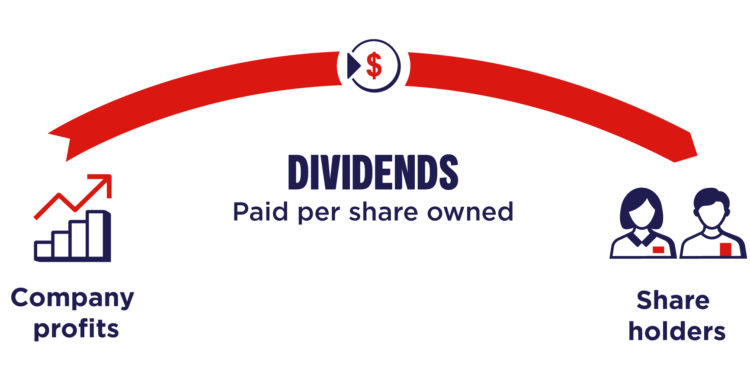Dividends for purposes of taxation is any distribution, whether in cash or kind, made before or during winding-up by a company to its shareholders concerning their equity interest in the company.
The Finance Act, 2018 amended the Income Tax Act by repealing section 7A and replacing it with a new section 7A with effect from 1 January 2019. The New section 7A provides that where dividends are distributed out of gains or profits on which no tax has been paid, the company distributing the dividend will be charged tax in the year of income, at the resident corporate tax rate on the gains/profits.
Before this amendment, a company would be liable to pay compensating tax if it made a distribution from untaxed earnings, or where the distribution was out of income that was subject to tax at a rate lower than the resident corporation tax rate applicable to the company.
Dividends received by a resident company from a company where it holds directly or indirectly more than 12.5% of the shares are exempt from tax. This means that the dividend received by a resident company from its local or foreign subsidiary is tax-exempt. The applicable withholding tax rate for dividends applied to Kenyan residents or citizens of the East African Community is 5%, and 10% for non-residents.
Dividends received from a publicly listed company are taxable at the same withholding tax rate as those received from a private company, i.e. 5% for a resident and 10% for a non-resident as a final tax. Where a Double Taxation Agreement exists between Kenya and a foreign country, lower withholding tax rates for dividends may apply, if the recipient of the dividends qualifies under the limitation of benefits provisions.
Dividend income received from a subsidiary in a foreign country is exempt from tax. Any expenses that are directly attributable to such exempt income are non-deductible for tax purposes in Kenya.




